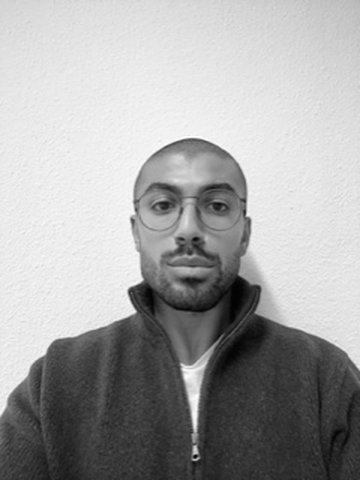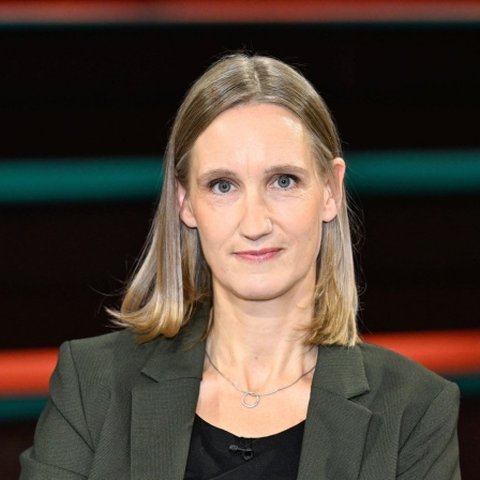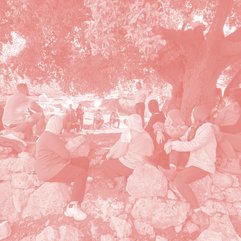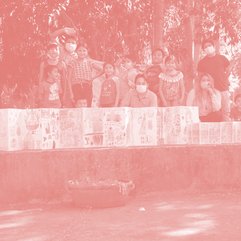Zeit zu reden: International law
A critical discussion of claims and reality, functions and strategies in times of war
19.00-22.30
Save the Date
for adults
in German

Israel's military action in Gaza following the Hamas attacks of 7 October has become a test case for international humanitarian law. This body of law, created after the horrors of World War II, aims to establish rules for warfare that protect civilians and minimise suffering. Documents such as the Genocide Convention and the Geneva Conventions are now almost universally recognised. Yet war crimes in many conflicts over the past decades have gone unpunished - often because members of the United Nations Security Council have blocked investigations into their own actions or those of allied states.
Given the scale of the destruction of Palestinian lives in Gaza and the West Bank, international humanitarian law is now exposed as an abstract promise, predominantly applied by Western powers in their own interest. Even though the two key international legal institutions have initiated proceedings against Israel and its politicians— the International Court of Justice is investigating accusations of genocide, and the International Criminal Court has issued arrest warrants for war crimes and crimes against humanity—clear rulings and binding directives have had no effect.
Currently, US President Donald Trump is openly considering the idea of ethnic cleansing in Gaza, while future German Chancellor Friedrich Merz has announced his intention not to honour the arrest warrant for Prime Minister Netanyahu. Such disregard for judicial action - especially by a nation like Germany, which, given its past, has historically been committed to the development and enforcement of international criminal law - raises fundamental doubts about the purpose and effectiveness of international legal mechanisms.
Is it time to develop a new concept of international law from the perspective of victims? Or can existing laws be reformed to ensure that crimes like those in Gaza do not re-occur? How can we prevent political power dynamics from dictating the prosecution of violations of international law? And what would a multilateral world order look like that punishes crimes regardless of the perpetrator? Where is the commitment - 80 years after the end of World War II - to protect every individual from war crimes?
Participants: Martin Kobler, Khaled El Mahmoud, Dr. Julia Duchrow, Prof. Dr. Matthias Goldmann
Moderation: Kristin Helberg
This event is supported by the Mercator Foundation.













